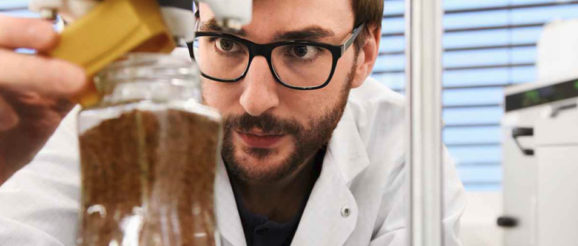Nestle investing $2 billion in sustainable packaging innovation

VEVEY, SWITZERLAND — Nestle S.A. said it will invest up to 2 billion Swiss francs ($2.07 billion) to accelerate the development of sustainable packaging solutions. The company has committed to sourcing up to 2 million tonnes of food-grade recycled plastics and allocating more than 1.5 billion Swiss francs ($1.56 billion) to pay a premium for the materials between now and 2025.
Additionally, Nestle is launching a 250 million Swiss franc ($259.2 million) sustainable packaging venture fund to invest in start-ups focused on creating new materials, refill systems and recycling solutions for packaging.
The announcement builds on Nestle’s previous pledge to make 100% of its packaging recyclable or reusable by 2025. The company said it will reduce its use of virgin plastics by one third in the same period while partnering with others to advance a circular economy and eliminate plastic waste from oceans, lakes and rivers.
“No plastic should end up in landfill or as litter,” said Ulf Mark Schneider, chief executive officer of Nestle. “Making recycled plastics safe for food is an enormous challenge for our industry. That is why in addition to minimizing plastics use and collecting waste, we want to close the loop and make more plastics infinitely recyclable. We are taking bold steps to create a wider market for food-grade recycled plastics and boost innovation in the packaging industry. We welcome others to join us on this journey.”
The latest initiatives contribute to the company’s ongoing efforts to achieve zero net greenhouse gas emissions by 2050. The company said it will seek operational efficiencies to offset the costs of the investments.
This past September, Nestle launched the Nestle Institute of Packaging Sciences to evaluate and develop sustainable packaging materials. Areas of focus include packaging-free solutions, plastic-free or paper packaging, bio-based plastics, biodegradable and compostable materials, simplification of materials and packaging structures, more recycled content and removal of problematic plastics.
